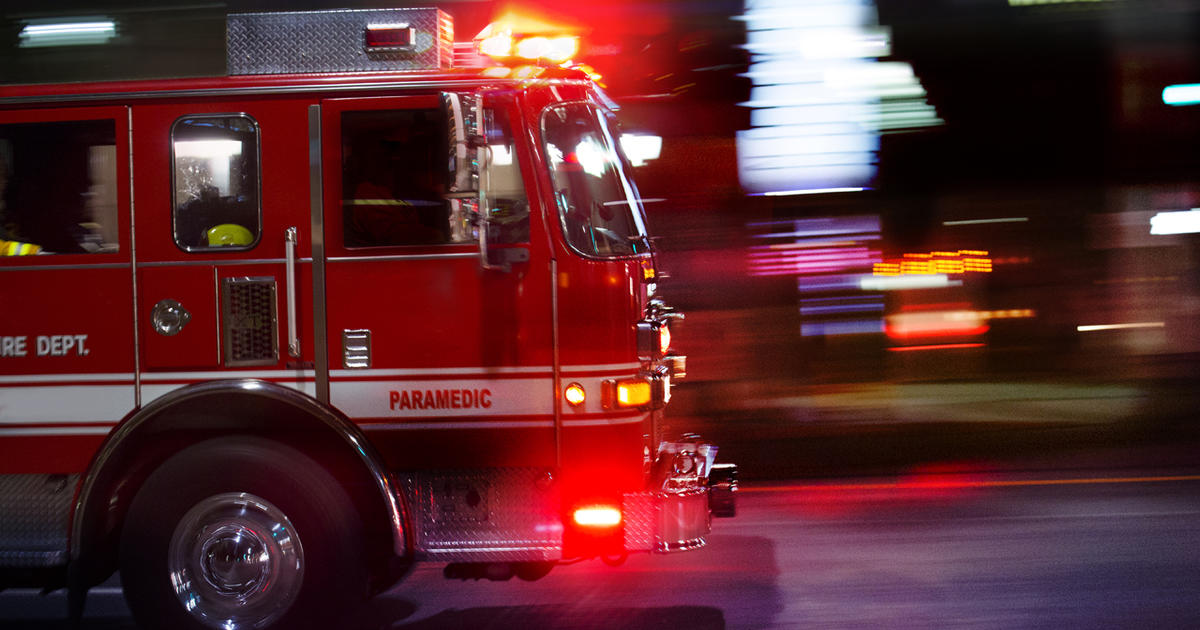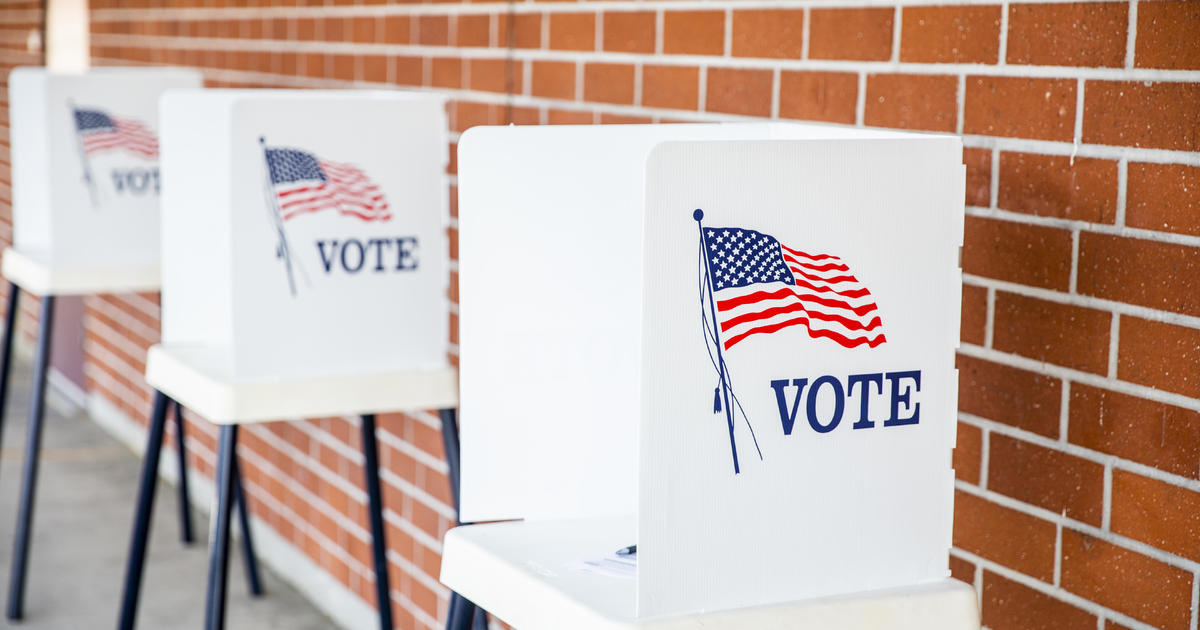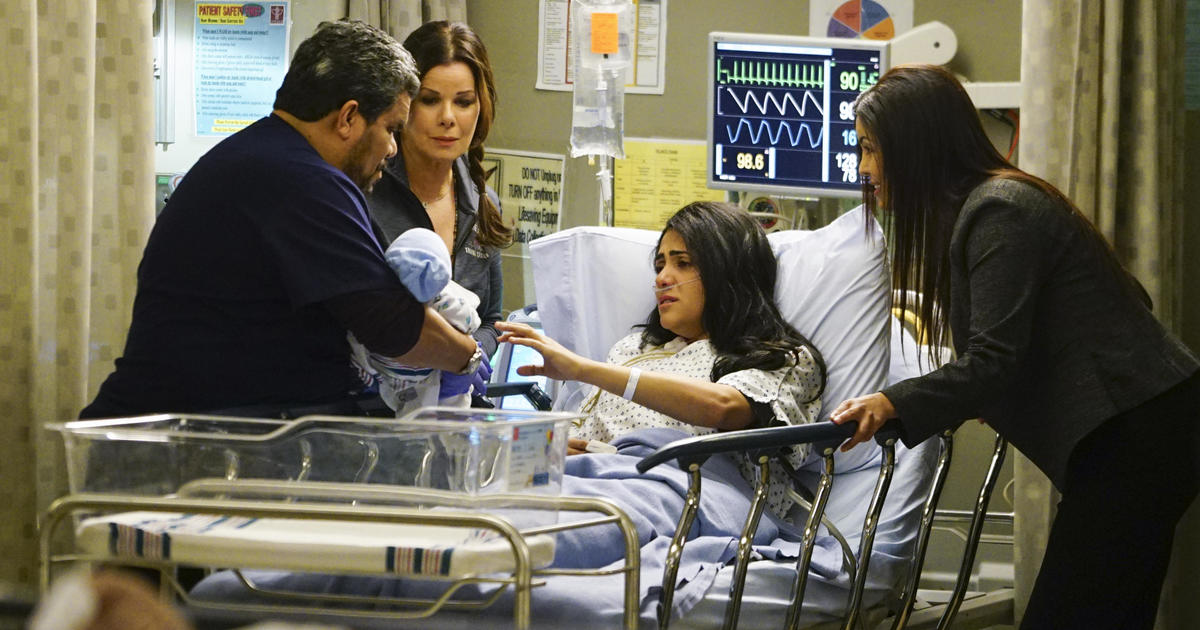Regional Councils Aim To Equalize Health In Pennsylvania
PITTSBURGH (KDKA) - Where you live can have a big effect on your health.
"In a census track in the city of Erie, your life expectancy is 60, when just minutes away in a census track over, the life expectancy is 80, a difference of 20 years," says Secretary of the Pennsylvania Department of Human Services Teresa Miller in a press conference.
Eugene Jennings of the North Side knows what it takes: "Eat right, do regular exercises, keep yourself fit mentally, get regular doctor visits. As long as you do that, your health is good. Stick to the fundamentals, you know, you'll live longer."
To address differences across race, gender, neighborhoods and other factors, the Pennsylvania Department of Human Services has organized RHACs, or Regional Accountable Health Councils.
"If you live in Squirrel Hill or you live in the Hill, there's going to be a pretty big discrepancy in your access to health care and your access to hospitals, or access to even supermarkets," says Dr. Randolph Peters, a primary care internist with the Allegheny Health Network.
"Things like fresh fruit, fruits and vegetables every day -- that's a lot harder if you have to travel a bus or two bus rides to get greens and produce," he points out. "Those are the kinds of things that determine whether or not you're going to get diabetes or high blood pressure in the long run."
Southwestern Pennsylvania will be one of five RHACs.
"It's going to take a group to bring us all together in a coordinated manner to identify the resources that we can access to make a difference," says Dr. Bill Johnjulio, a family medicine physician speaking for the Allegheny County Medical Society.
Over the next several weeks, doctors, insurers, managed care organizations, health systems, social services and community organizations will develop a framework for reducing differences in health outcomes.
"It would be best if the people who are at the community level could actually direct the resources-rich providers to try to target needs," says Dr. Peters. "Instead of just going out to try to fix what we think is the problem."
The inequities have been made more obvious by the pandemic, for example, with vaccine distribution.
"If you have access or travel disparities, you're not going to be able to come down to PNC Park or to Dick's," Dr. Jones says.
"You have inequities of rural poverty, just a 30-minute drive outside city limits," Dr. Peters adds, all unique challenges for Southwestern Pennsylvania.



